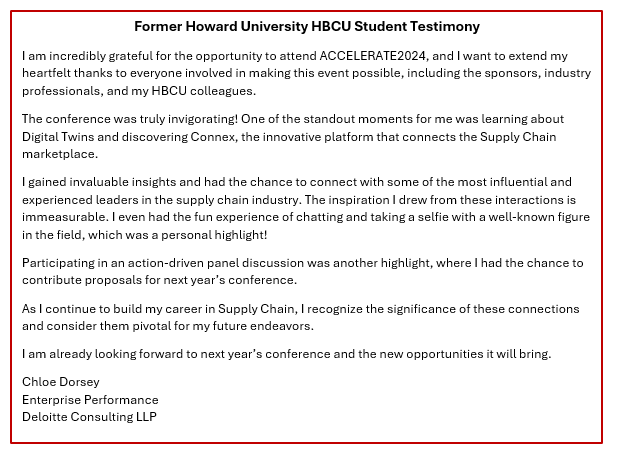Oops! Didn’t mean to cause a political flashback.
The transformative promise of Industry 4.0 hinges not only on advanced technologies like Artificial Intelligence (AI) driven smart manufacturing but equally on the availability of skilled talent to drive these innovations. Despite the rapid advancement in digital technologies within U.S. supply chains, a significant challenge remains: the scarcity of qualified professionals and workers prepared to fill the roles that these technological environments demand.






